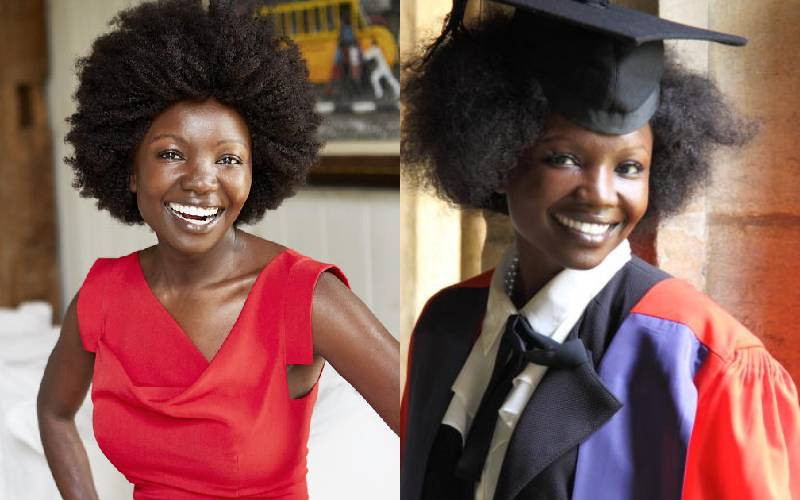×
The Standard e-Paper
Fearless, Trusted News

In 1976, renowned Kenyan artiste Elkana Nyongesa carved a soapstone sculpture of a ‘birdman’ of sorts.
The piece was given away to the United Nations Educational, Scientific and Cultural Organisation (Unesco) by the government as a gift; and the artiste is set to be rewarded. It is called the singing bird, or enyamuchera in Kisii, from where Nyongesa hails.